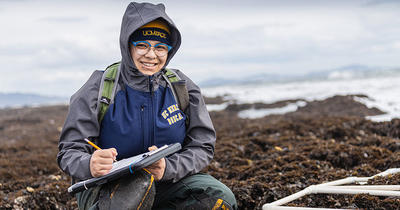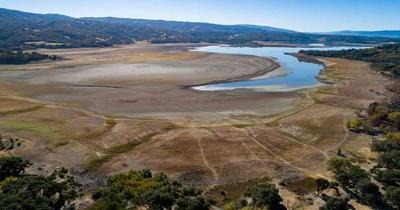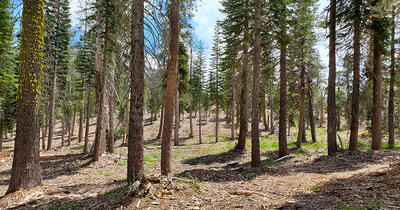As it is at all University of California campuses, research is the cornerstone of UC Merced. Innovative faculty members conduct interdisciplinary, groundbreaking research that will solve complex problems affecting the San Joaquin Valley, California and the world. Students — as early as their first years — have opportunities to work right alongside them, sometimes even publishing in journals and presenting at conferences.


Research isn’t limited to labs with beakers and microscopes, though there are plenty of those here.
The list of UC Merced’s research strengths is long and includes climate change and ecology; solar and renewable energy; water quality and resources; artificial intelligence; cognitive science; stem-cell, diabetes and cancer research; air quality; big-data analysis; computer science; mechanical, environmental and materials engineering; political science; and much, much more.
The campus also has interdisciplinary research institutes with which faculty members affiliate themselves to conduct even more in-depth investigations into a variety of scientific topics.





